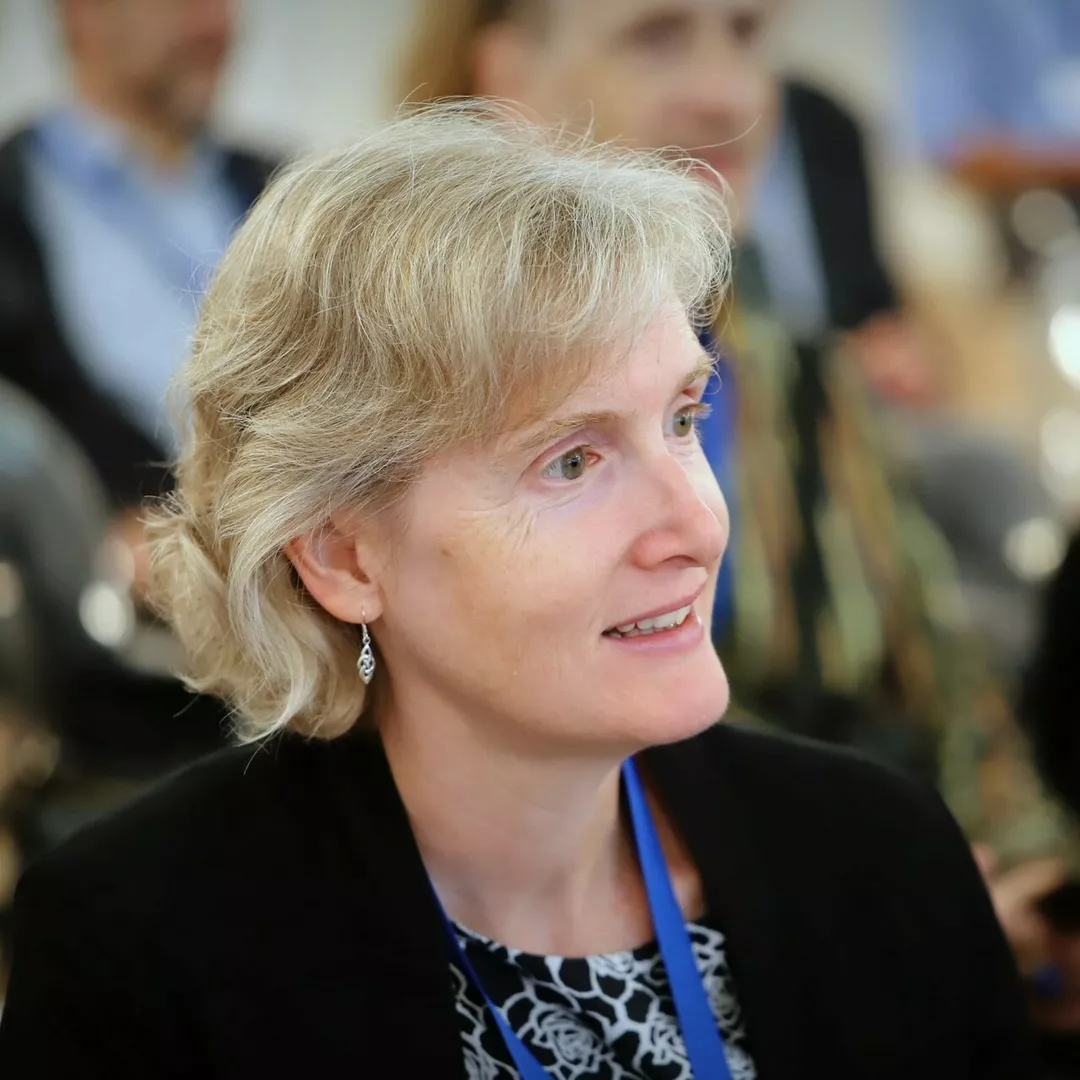Biography
Clare Hawkins is a Professor in the Department of Biomedical Sciences at the University of Copenhagen (UCPH). She was appointed to this position in March 2017, after nearly 20 years in Sydney at the Heart Research Institute (HRI), where she held the position of Scientific Director and the Inflammation Group Leader.
Professor Hawkins is a former Australian Research Council Future Fellow, and Principal Research Fellow within Sydney Medical School, University of Sydney, and has held other prestigious Research Fellowships including an R.D. Wright Career Development Fellowship from the National Health and Medical Research Council of Australia (NHMRC) and a Career Development Award from the Australian National Heart Foundation. In 2018, she received the Leopold Flohé Redox Pioneer Award from the Society for Free Radical Research Europe and a Lifetime Achievement Award from the Society for Free Radical Research Australasia.
In the last 10 years, she has presented more than 30 invited lectures at international meetings and online webinars/virtual conferences and has played an active role in the organisation of numerous national and international conferences. She is a former President of the Society for Free Radical Research Australasia and is on the Executive Committee of the Society for Free Radical Research Europe, serving as the General Secretary.
Professor Hawkins is an experienced research supervisor of BSc, MSc, and PhD students and Postdocs, guiding more than 30 PhD students to successful completion. She is an educational (pedagogical) supervisor for Assistant Professors completing the Teaching and Learning Higher Education (Universitetspædagogikum) Course, UCPH, and more widely, mentors Postdocs and Assistant Professors within the Faculty of Health and Medical Sciences at UCPH and internationally with Royal Society of Chemistry, UK, and Society for Free Radical Research Europe.
Professor Hawkins’ research is focused on understanding how reactive products from immune cells promote inflammation and tissue damage that drives the development of chronic inflammatory diseases. She has a particular interest in atherosclerosis, and the design of new therapeutic approaches to reduce the development and incidence of this disease.

